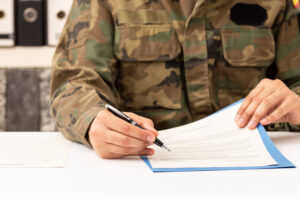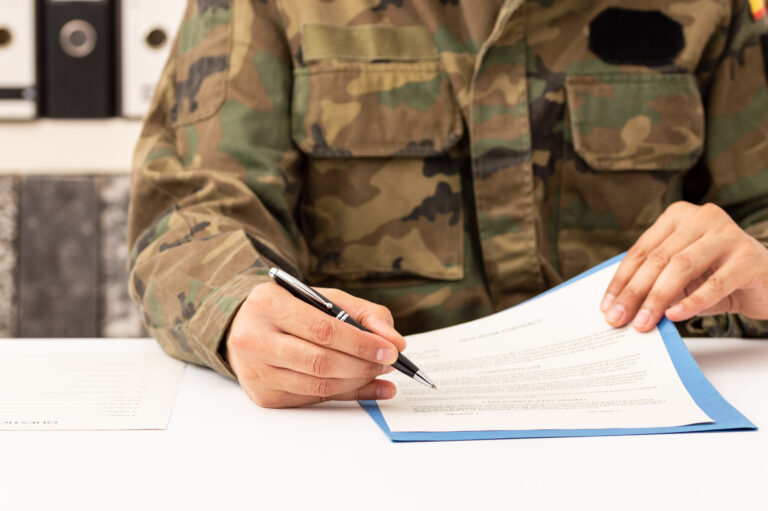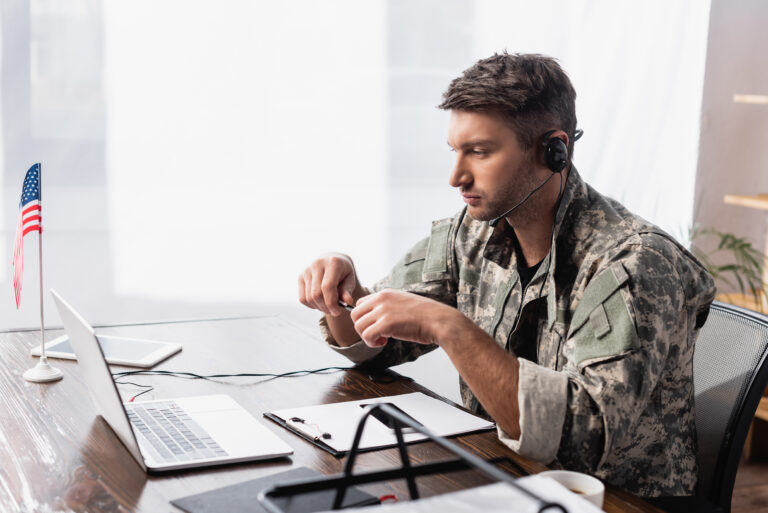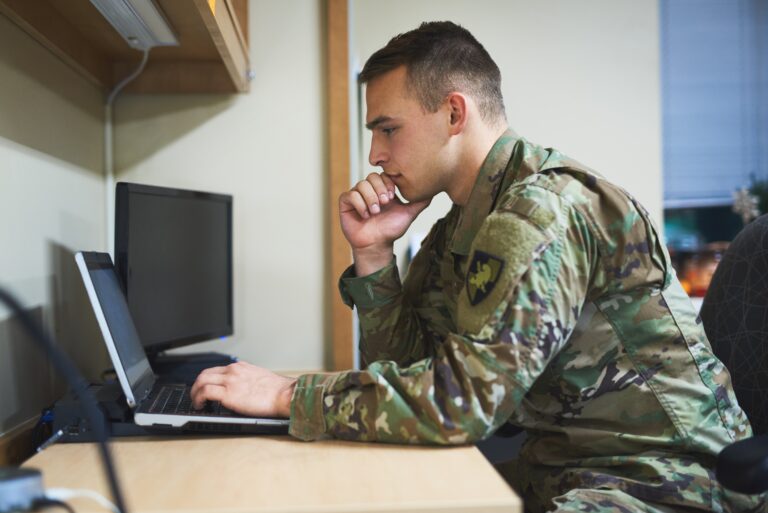DoD CAC Card for Overseas Assignments
DoD CAC Card for Overseas Assignments
The Department of Defense (DoD) Common Access Card (CAC) is an essential tool for members of the U.S. military, civilian employees, and contractors. It’s more than an ID card; it’s your key to accessing various military systems and services.
What is a CAC Card?
The CAC card is a smart card issued by the DoD. It contains a microchip that holds personal data, certificates, and public/private keys to ensure security.
- Identifies the cardholder
- Provides access to secure DoD networks
- Facilitates physical access to secured buildings and areas
- Enables encrypted email communications
Importance of CAC for Overseas Assignments
For personnel assigned overseas, the CAC card becomes even more pivotal. Being in a foreign location adds an extra layer of complexity to accessing DoD resources and facilities. Here’s why the CAC card is crucial for overseas assignments:
- Secure Access: Ensures that only authorized personnel can access sensitive information and areas.
- Communication: Enables secure communications, which is critical for operational security (OPSEC).
- Identity Verification: Serves as a reliable form of ID that is recognized by allied forces and local partners.
Secure Access
When stationed overseas, accessing secure DoD networks is mandatory for completing daily tasks. The CAC card provides the credentials necessary for logging into these networks, ensuring that all activities are secure and monitored.
Communication
Operating in a foreign country usually means relying heavily on email and other electronic forms of communication. The CAC card enables the use of encrypted emails, making it almost impossible for unauthorized individuals to intercept and decipher sensitive information.
Identity Verification
Overseas assignments often require collaboration with allied forces or local authorities. The CAC card serves as an official form of ID that is widely recognized and trusted, making it easier to establish credibility and facilitate cooperation.
How to Obtain a CAC Card
Getting a CAC card involves several steps:
- Initial Sponsorship: Your unit or organization’s Human Resources (HR) department sponsors you for a CAC card.
- Documentation: Gather necessary documents, such as a valid government-issued ID and proof of affiliation with the DoD.
- Appointment: Schedule an appointment at a DEERS/RAPIDS office to get your CAC card.
- Issuance: During the appointment, your identification documents are verified, and your photo and fingerprints are taken. Once verified, you will receive your CAC card.
Documentation Required
Ensure you bring the right documents to your appointment to avoid any delays:
- Two forms of valid identification (one must be a photo ID)
- Proof of your DoD affiliation (e.g., orders for military personnel, SF-50 for civilian employees)
Using Your CAC Card Overseas
While you’re stationed overseas, you’ll use your CAC card frequently. It’s essential to understand how to use it effectively.
Physical Access
In many overseas bases, the CAC card is necessary to enter facilities, including offices, dining areas, and secure zones. Ensure that you always carry your CAC card to avoid any access issues.
Computer Systems
Most DoD computer systems will require you to use your CAC card to log in. This step involves inserting the card into a CAC reader and entering your Personal Identification Number (PIN). Make sure the CAC reader drivers are up-to-date on your devices.
Email Encryption
For encrypted email, you’ll need to install your email certificates from your CAC card onto your email client. This action helps maintain the confidentiality of sensitive information. Always use encrypted email when communicating any official matters.
Maintaining Your CAC Card
Maintaining the functionality and security of your CAC card is crucial.
Safe Handling
Handle your CAC card with care. Do not bend or expose it to extreme temperatures. Keep it in a protective cardholder when not in use.
Update Certificates
Your CAC’s certificates may need periodic updates. Check with your IT support team regularly to stay updated.
Expired or Damaged Cards
If your CAC card is nearing its expiration date or becomes damaged, initiate the renewal process promptly. This process involves similar steps to obtaining a new card. Don’t wait until the last minute.
Security Best Practices
PIN Security
Never share your PIN with anyone. Avoid writing it down. If you suspect it has been compromised, contact your IT support immediately to reset it.
Lost or Stolen Card
If your CAC card is lost or stolen, report it immediately. This action will safeguard your credentials and prevent unauthorized access. You’ll need to visit a DEERS/RAPIDS office to get a replacement card.
Common Issues and Troubleshooting
Sometimes, you might encounter issues with your CAC card.
Card Not Recognized
If your computer doesn’t recognize your CAC card, ensure the card reader is connected properly. Check whether the necessary drivers are installed. Restarting the computer can also help.
PIN Problems
If you’ve forgotten your PIN or it’s not working, visit a DEERS/RAPIDS office to reset it. Repeated failures can lock your card, requiring a reset at an authorized facility.
Certificate Errors
If you encounter certificate errors, your digital certificates may require updating. Contact your IT support team for assistance in updating these certificates.
Additional Uses of the CAC Card
Morale, Welfare, and Recreation (MWR) Programs
Your CAC card also grants you access to various MWR programs available on overseas bases. These programs include fitness centers, libraries, and community events, enhancing your overall quality of life while on assignment.
Medical Services
Accessing medical services often requires presenting your CAC card. It helps verify your eligibility for healthcare services at military treatment facilities overseas.
Educational Resources
Your CAC card may provide access to educational resources and online training programs essential for career development and continuing education while overseas.
CAC Card and Family Members
Dependent Access
Family members of service members also use dependent ID cards, though these differ from the CAC card. While they do not provide the same level of access, these cards are necessary for entering bases, accessing certain services, and verifying their affiliation with the DoD.
Conclusion
In sum, the DoD CAC card is a crucial asset for personnel on overseas assignments. From providing secure access to facilitating communication, its role cannot be understated. Understanding how to obtain, use, and maintain your CAC card will ensure your overseas assignment runs smoothly and securely.






